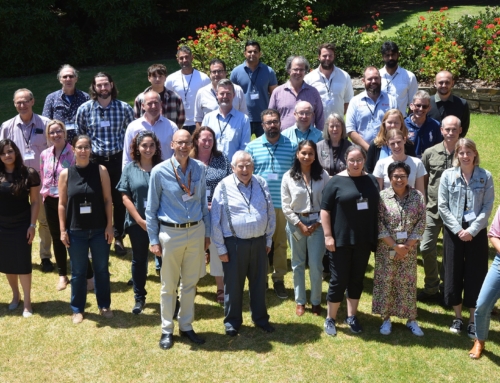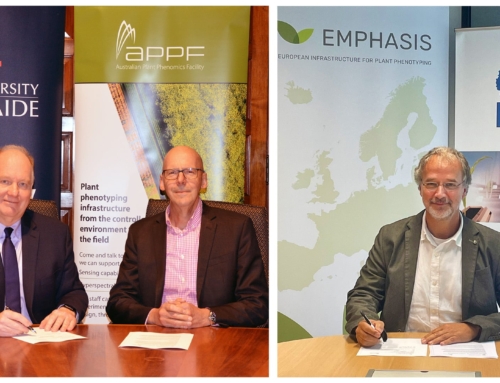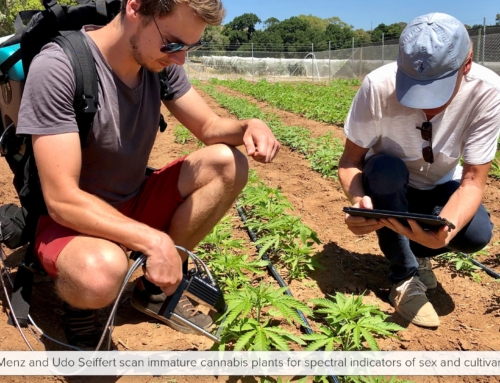Last month, Canadian biopharmaceutical company Medicago R&D Inc., the APPF and the Centre for Entrepreneurial Agri-Technology (CEAT) at ANU successfully completed the first phase of a five-year research collaboration to monitor the growth and performance of plants used in the production of Virus-Like Particles (VLPs). The second phase of the collaboration will support $1.5M of research to enable Medicago to optimise proprietary plant-based technology that is used to produce vaccines and protein-based therapeutics.
Medicago uses a plant species indigenous to Australia – Nicotiana benthamiana (pictured above)– to produce VLPs. VLPs mimic the structure of viruses and can induce an immune response without causing an infection. When purified, VLPs could be used as vaccines to combat influenza, COVID-19 and other viral infections. Medicago’s recombinant technology is rapid, versatile, and scalable. It is ideal for rapidly producing vaccines that match new strains of viruses, such as in the case of seasonal influenza and emerging strains of COVID-19.
The research seeks to gain further insight into the factors that regulate VLP production within individual plants. Central to that work has been the development of a way to non-invasively examine plants using advanced infrastructure and imaging technology. Subsequently, machine-learning approaches – like that used in facial recognition – are used to continuously map the canopies of plants.
The data, tools and models developed in the project will help Medicago rapidly and non-invasively assess factors influencing VLP production at scale.







